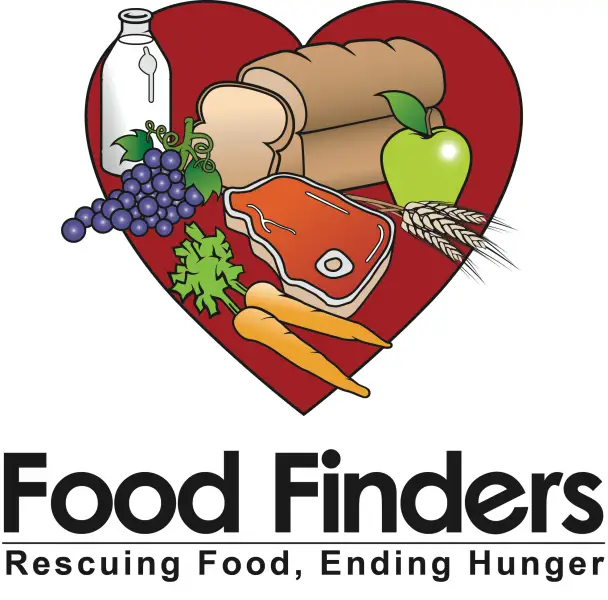Food Recovery By Patti Larson, Executive Director of Food Finders
For the past 27 years, an effort to reduce hunger and simultaneously, food waste, has been the mission of a nonprofit that was green before it was trendy. Food Finders is a food recovery organization that serves L.A. and Orange counties, redistributing donated food to pantries and shelters that provide meals and grocery items to those among us who are impoverished or simply need a helping hand through the end of the month.
Until recently, many food establishments were throwing away still-edible food without realizing this resource existed. What’s more, some businesses are still unaware how safe and simple donating food can be. Food Finders helps remind them that California health code along with the Good Samaritan act encourage the donation of good, safely-contained food overages; and to make it even easier, they pick up and deliver, coordinating the process with the meal service at each of the pantries and shelters served, and generally keeping the food within the same community it’s donated from.
Restaurants and hotels are just part of this effort which encompasses grocers, farms, produce marts, hospitals, schools, caterers and more. Since AB1826 was recently passed to enforce the reduction of organic waste, including food, many more businesses are realizing it’s in their best interest, both environmentally and financially, to start a food recovery program. Patina Group Restaurants, along with numerous other restaurants, hotels and hospitals are all on board, donating hundreds if not thousands of pounds of perfectly wholesome food each month.
“In 27 years, we’ve diverted more than 129 million pounds of perfectly good food,” shared Patti Larson, Executive Director of Food Finders, adding, “Think of how many more people we could feed if every business with excess food could make this a part of their normal operations.”
Food Finders accepts prepared food and perishable food along with nonperishable items. This could be a tray of lasagna that was never served, produce that isn’t “perfect”, or pantry items that have gone unused but are still good. Once a donor receives the basic orientation to the program, a pick-up schedule is established based on how often food is available, and a driver or volunteer is sent to collect and redistribute the food to a local pantry, shelter or agency that can use it right away. Even if it’s an occasional donation, like after a special event, better to donate than let it go to waste. Food must be properly contained for transport, and containers are provided for storage when needed.
To get involved, contact Food Finders at 562.283.1400, or www.FoodFinders.org.
Good Samaritan laws offer legal protection to people who give reasonable assistance to those who are, or who they believe to be, injured, ill, in peril, or otherwise incapacitated. The protection is intended to reduce bystanders & hesitation to assist, for fear of being sued or prosecuted for unintentional injury.
















